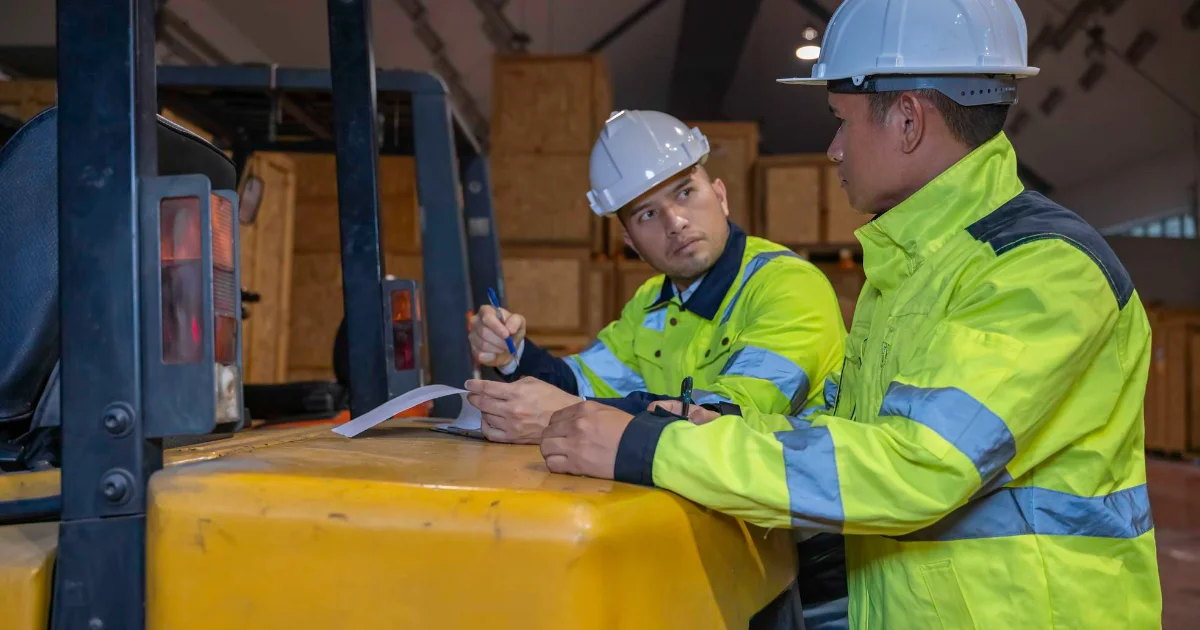Inspector

Inspectors should be great at:
- Estimating sizes, distances, and quantities; or determining time, costs, resources, or materials needed to perform a work activity.
- Observing, receiving, and otherwise obtaining information from all relevant sources.
- Identifying information by categorizing, estimating, recognizing differences or similarities, and detecting changes in circumstances or events.
- Inspecting equipment, structures, or materials to identify the cause of errors or other problems or defects.
Supervisor

Any supervisor should excel at:
- Monitoring and reviewing information from materials, events, or the environment.
- Detecting or assessing problems whether real or potential.
- Monitoring and controlling resources and overseeing the spending of money.
Other work activities related to Freight and cargo inspectors
- Preparing and submitting reports after completion of freight shipments.
- Inspecting shipments for ensuring that freight is securely braced and blocked.
- Recording details about freight conditions, handling of freight, and any problems encountered.
- Advising crews in techniques of stowing dangerous and heavy cargo.
- Observing loading of freight for ensuring that crews are complying with procedures.
- Recommending remedial procedures for correcting any violations found during inspections.
- Inspecting loaded cargo, cargo lashed to decks or in storage facilities, and cargo handling devices for determining compliance with health and safety regulations and need for maintenance.
- Measuring ships’ holds and depths of fuel and water in tanks, using sounding lines and tape measures.
- Notifying workers of any special treatment required for shipments.
- Directing crews for reloading freight or for inserting additional bracing or packing as necessary.
- Checking temperature and humidity of the shipping and storage areas for ensuring that they are at appropriate levels for protecting the cargo.








